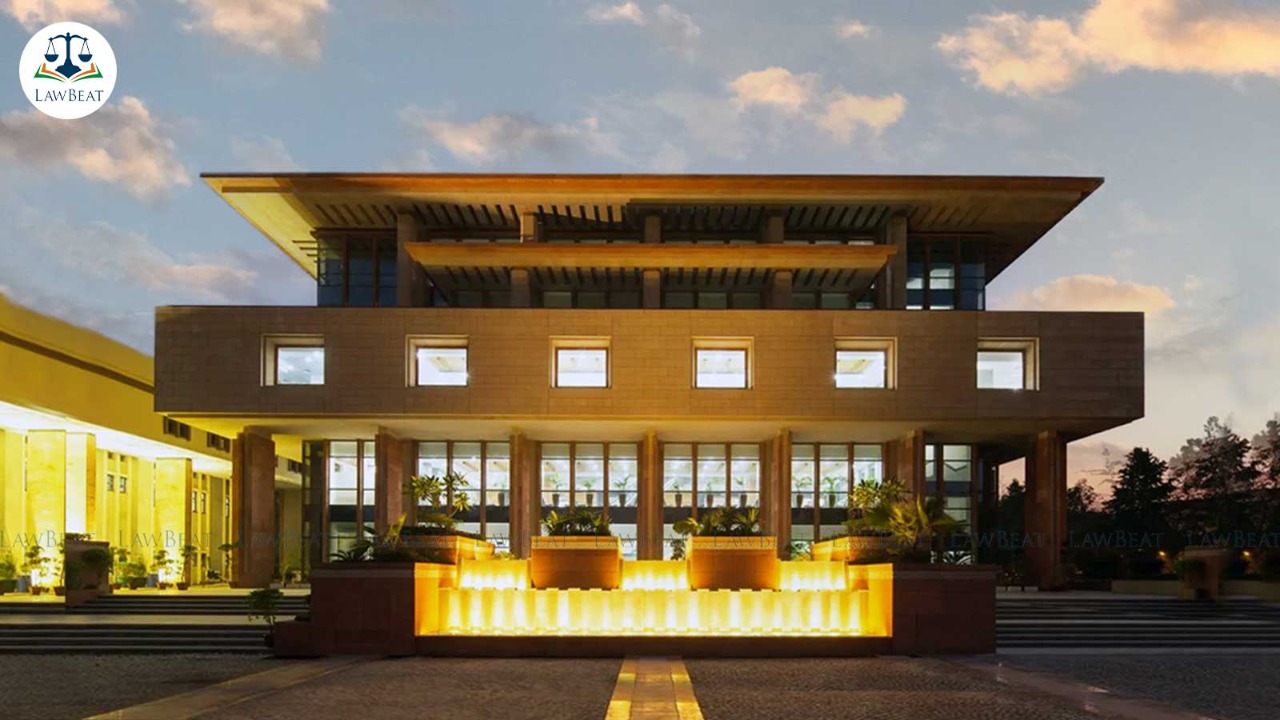Failure to Include Legal Heirs on Time Leads to Suit Abetment: Delhi HC

The Delhi High Court recently held that, if, within the stipulated period, the right to initiate legal proceedings remains viable, and there is no application made to include the legal heirs of a deceased, then the lawsuit will be terminated with respect to the deceased under Order XXII Rule 4(3) of the Civil Procedure Code, 1908 (CPC).
Court was dealing with a petition submitted under Article 227 of the Constitution seeking to overturn the order of the Trial Court, granting an application under Order XXII Rule 4 & 10A, along with Section 151 of the CPC.
The bench of Justice Shalinder Kaur observed, “Plain reading of the provisions under order XXII rule 4(3) of CPC shows that where within the time frame as provided by laws if right to sue survives, no application for impleadment of legal heirs of deceased defendant is made, the suit shall abate as against deceased defendant”.
Advocate Gurvinder Singh appeared for the petitioner and Advocate Azeem A. Dost appeared for the respondent.
The first and second respondents had initiated a civil suit against the petitioner, seeking permanent injunction and damages, following the petitioner's demise. Subsequently, the first and second respondents filed an application under Order XXII Rule 4 & 10A, along with Section 151 of the CPC and Section 5 of the Limitation Act, 1963, to include the legal representatives (LRs) of the deceased petitioner. The Trial Court allowed the inclusion of legal representatives, which was contested by the petitioner.
The Petitioner contended that the suit against the deceased had already lapsed due to the statutory 90-day period following the Petitioner's demise and argued that the Respondent's application under Order XXII Rule 4(3) CPC alone was not maintainable, as no specific application was made to reverse the abatement under Order XXII Rule 4(5) CPC.
Conversely, the Respondents argued that Rule 10A in Order XXII CPC mandates informing the court and the opposing party about the death of a plaintiff or defendant, starting the limitation period for filing an application for impleadment from the date of such information. The respondents claimed they were only informed about the deceased's death on 30.10.2020 and promptly filed their application for impleadment thereafter.
The Court, after considering the contentions of the parties, reiterated that Order XXII rules 4 and 5 of the CPC are obligatory provisions. The Court noted that per Order XXII rule 1 CPC, if a plaintiff or defendant passes away, the lawsuit will not terminate if the right to sue remains valid.
The Court further observed that Order XXII rule 2 CPC outlines the process in situations where one of several plaintiffs or defendants dies and the right to sue persists. Additionally, the Bench noted that Order XXIII rule 3 CPC addresses the procedure in the event of the death of one of several plaintiffs or the sole plaintiff. On the other hand, Rule XXII Rule 4 CPC specifies the procedure in cases where one of several defendants or the sole defendant dies.
The Bench held that per Order XXII Rule 4(3) of the CPC if, within the specified timeframe as provided by law, the right to initiate legal proceedings remains valid and no application is submitted to include the legal heirs of a deceased defendant, then the lawsuit will be terminated against the deceased defendant.
Additionally, the Court held that under Articles 120 and 121 of the Limitation Act, 1963 (Act), which specify the timeframe within which applications for the inclusion of legal heirs concerning a deceased plaintiff or defendant, as well as applications to annul the termination of the lawsuit, are to be filed.
The Court noted that the petitioner was primarily distressed by the fact that although the lawsuit was abated, the respondents had not taken any action to apply to reverse the abatement. Instead, they applied to include the legal heirs of the deceased petitioner, requesting an extension of the limitation period, which was not permissible according to the law. On the contrary, the respondents sought an extension of the limitation period beyond 90 days for including the legal representatives of the deceased petitioner through their application under Order XXII Rule 4(5) of the CPC.
Subsequently, the Court only recognized Vipin Sharma as the sole legal heir of the deceased petitioner. Accordingly, the Bench modified the challenged order to include only Vipin Sharma as the legal heir of the deceased petitioner.
Case Title: Ramesh Chand Sharma Through LR v Balbir Singh Mathur & Ors.
